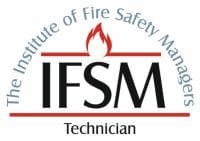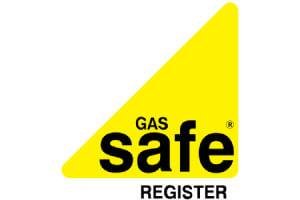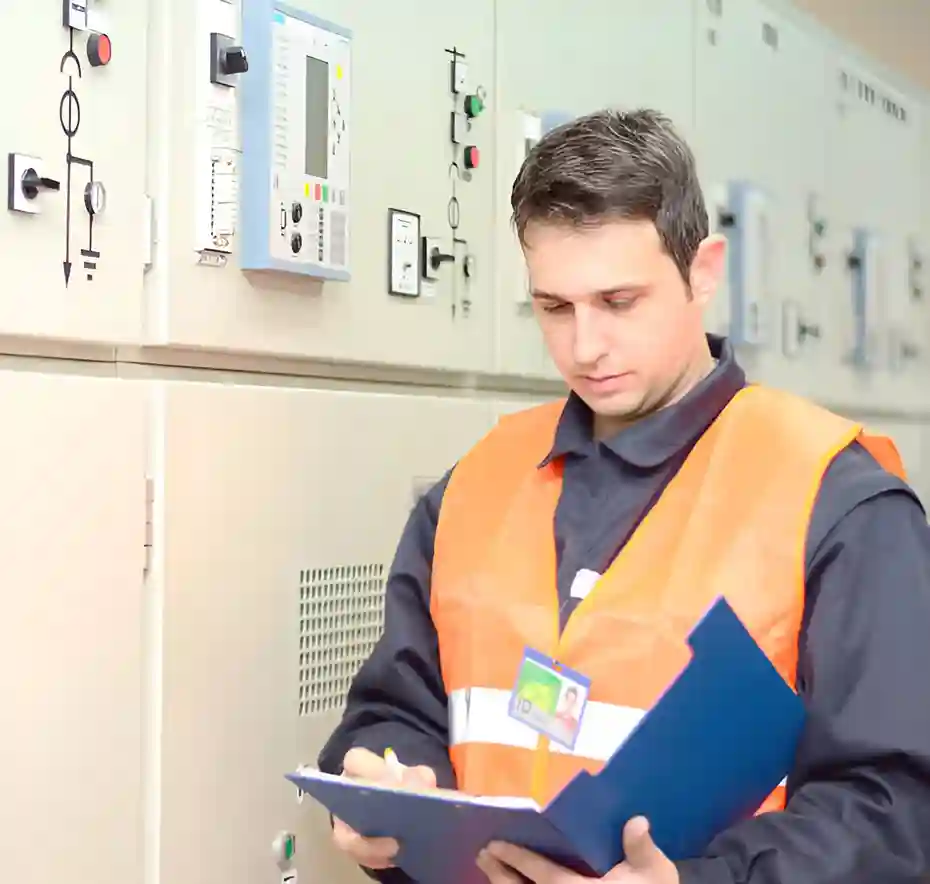
As the demand for electrical safety increases, understanding the cost of EICR certificate in 2025 becomes essential for homeowners and landlords. Prices are expected to fluctuate based on various factors, including property type and location. With average costs projected between £170 and £350, understanding these expenses is essential. What elements will specifically impact your decision? Exploring these factors can help guarantee you make an informed choice.
Main Points
- The average cost for EICR certificate in 2025 is expected to range between £150 and £300 for standard residential properties.
- Factors such as property size, electrical installation complexity, and geographical location significantly influence EICR certificate pricing.
- Urban areas are likely to face higher EICR costs due to increased demand and higher living costs compared to rural regions.
- Homeowners should compare multiple quotes from certified electricians to ensure competitive pricing and quality service.
- Understanding local regulations is crucial, as stricter standards may lead to higher inspection costs and compliance requirements.
What Is an EICR Certificate and Why Is It Important?
An Electrical Installation Condition Report (EICR) assesses the safety and condition of electrical installations, identifying hazards, ensuring safety compliance, and safeguarding residents.
Landlords are legally obligated to have an EICR performed periodically, ensuring that tenants are provided with a safe living environment. Homeowners may also seek an EICR for peace of mind, especially when purchasing or renovating a property.
It highlights any shortcomings or risks, offering suggestions for essential repairs or upgrades. By obtaining an EICR, individuals not only protect their property and occupants but also foster a culture of safety and responsibility regarding electrical installations.
Factors That Influence the Cost of EICR Certificate
The cost of obtaining an EICR certificate can vary considerably based on several factors. These factors include the size of the property, the complexity of the electrical installations, the location, and the electrician’s experience level. Larger properties usually need more thorough inspections, which can increase the costs. Additionally, older systems may require more thorough assessments or repairs, which can increase the overall price.
| Factor | Description |
|---|---|
| Property Size | Properties of a larger size need more time and effort |
| Installation Complexity | Complex systems necessitate detailed inspections. |
| Geographical Location | Rates vary by region due to local demand. |
| Electrician Experience | More experienced electricians may charge higher rates. |
Understanding these factors helps property owners anticipate potential costs associated with obtaining an EICR certificate, ensuring they are well-prepared for the financial aspect of electrical safety compliance.
Average Cost of EICR Certificates in the UK
By 2025, the average cost of an EICR certificate in the UK will usually fall between £150 and £300 for standard residential properties. This reflects the importance of the inspection, which checks that electrical systems are safe and comply with regulations.
Factors influencing the cost include property size, electrical system complexity, and the electrician’s qualifications. Homeowners can expect to pay higher fees for properties with extensive electrical installations or those that require additional testing.
Additionally, regional variations may affect pricing, with urban areas often commanding higher rates than rural locations. Property owners should obtain multiple quotes from certified electricians to guarantee they receive a fair price while maintaining a high standard of service.
EICR Certificate Costs for Different Property Types
Although the cost of EICR certificates can vary significantly, the type of property has a considerable impact on the price range. Typically, larger and more complex properties need more thorough inspections, resulting in higher costs.
| Property Type | Average Cost (£) | Inspection Time (Hours) |
|---|---|---|
| One-Bedroom Flat | 120 – 180 | 1 – 2 |
| Three-Bedroom House | 180 – 300 | 2 – 3 |
| Commercial Property | 300 – 600 | 3 – 6 |
For instance, a one-bedroom flat might cost between £120 and £180 due to its small size, whereas a three-bedroom house could range from £180 to £300. Commercial properties often have more complex electrical systems, which can drive costs above £300. Recognising these differences can help property owners plan their EICR certificate budgets effectively.
How Often Should You Renew an EICR Certificate?
How often should an EICR certificate be renewed? The recommended intervals for renewing an Electrical Installation Condition Report (EICR) certificate differ depending on the type of property and usage.
As a rule, residential properties should be renewed every five years, whereas commercial properties may need more regular assessments, usually every three years. Given the importance of safety and compliance, the renewal process is integral for several reasons:
- Ensures electrical safety for all occupants
- Identifies potential hazards before they escalate
- Maintains compliance with legal requirements
- Protects property value and prevents costly repairs
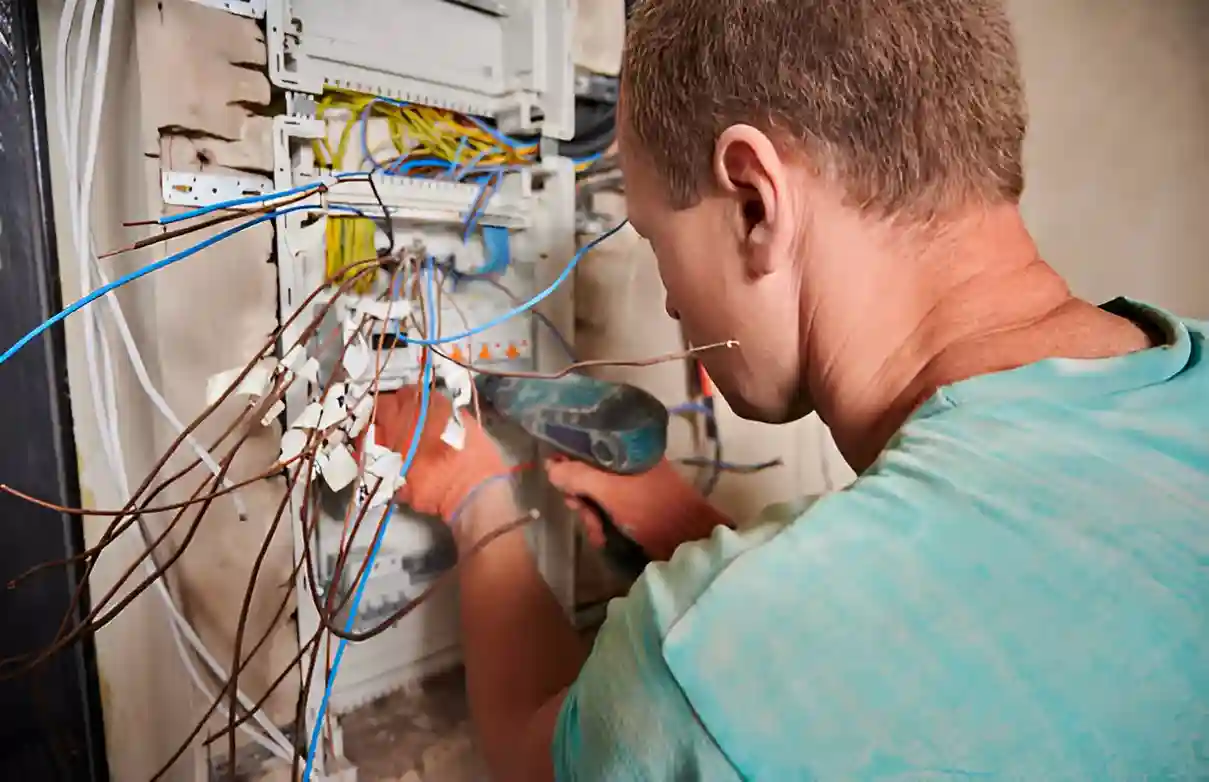
Who Is Responsible for Paying for the EICR Certificate?
Ultimately, who is responsible for the financial cost of EICR certificate can depend on several factors, including the type of property and any agreements in place.
When it comes to rental properties, the landlord usually takes on the responsibility of getting an EICR certificate, as it’s essential for ensuring tenant safety and meeting legal requirements. However, in some cases, the lease agreement may require tenants to cover the cost, especially in shared accommodation. For homeowners, the responsibility typically falls to the property owner, mainly if the inspection is for insurance purposes or to help with a sale.
All parties need to understand their responsibilities regarding EICR certification to prevent disputes. Clear communication and transparency in agreements can help define financial obligations, ensuring that necessary electrical safety checks are carried out without any confusion.
How to Find Affordable EICR Certificate Services Near You
Locating affordable EICR certificate services nearby can be a straightforward process if you know where to look. Homeowners should start by researching local electricians and inspection companies, asking for quotes and comparing prices. Online reviews and recommendations from friends or family can also provide valuable insights. To ensure the best choice, consider the following:
- Transparency: Clear pricing without hidden fees fosters trust.
- Qualifications: Certified professionals guarantee a thorough inspection.
- Experience: Established companies often provide better service and reliability.
- Customer Support: Responsive service can address any concerns quickly.
- Special Offers: Promotions or discounts can make services more affordable.
Common Mistakes to Avoid When Booking an EICR Inspection
When arranging an EICR inspection, what are the common mistakes homeowners should look out for? One standard error is choosing a contractor based solely on price, without checking their qualifications and reputation, which can lead to poor service.
Another common mistake is not requesting a detailed breakdown of costs, which can result in unexpected charges after the inspection. Homeowners often underestimate the importance of checking the contractor’s insurance and certifications, leaving them vulnerable to potential liabilities.
Additionally, many fail to schedule the inspection at a convenient time, risking potential disruptions to their daily routines. Ignoring the need for booking can also lead to delays, especially in peak seasons.
Lastly, failing to clarify the scope of the inspection can lead to misunderstandings about what will be included. By steering clear of these pitfalls, homeowners can ensure a smoother, more efficient EICR inspection experience.
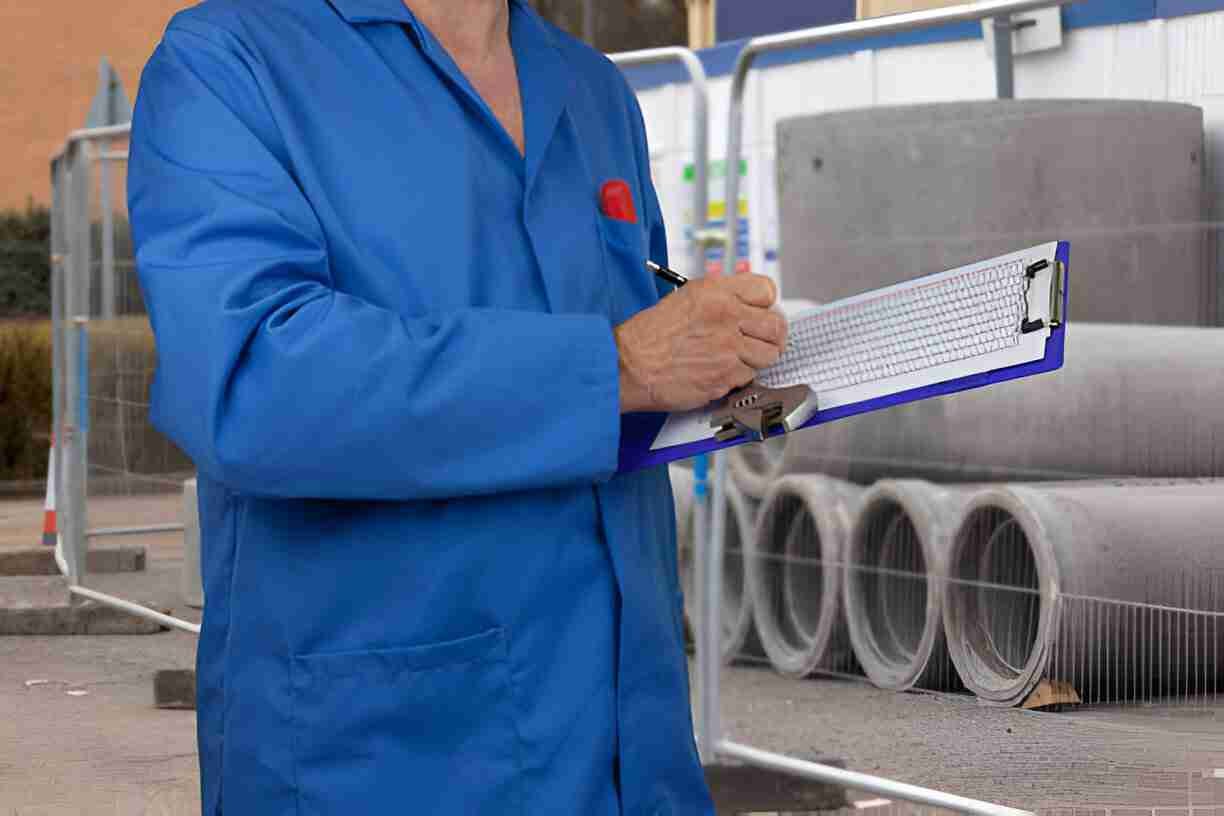
How Location Affects the Cost of EICR Certificate Services
Cost of EICR certificate can vary significantly depending on the location, as demand, labour rates, and local regulations all play a significant role. In urban areas, costs are usually higher due to increased demand for services and higher living expenses. In contrast, rural areas may offer more competitive pricing, but inspections might take longer to complete.
- Regional demand: High demand can drive prices up significantly.
- Labour rates: Varying wage standards affect the overall service cost.
- Local regulations: Stricter standards may necessitate more extensive inspections.
- Accessibility: Difficult-to-reach locations can increase service fees.
- Market competition: Areas with numerous service providers may offer more reasonable rates.
Recognising these factors can help people predict costs and make informed choices about EICR services in their local area.
How to Compare Quotes for the Cost of EICR Certificate
How can you effectively compare quotes for the cost of EICR certificate? First, it’s crucial to obtain quotes from multiple certified electricians or companies. Next, please take a closer look at what each quote covers; some may include extra services like minor repairs, while others may cover the inspection itself.
It’s also worth checking the credentials and reviews of the service providers to ensure quality and reliability. Comparing the turnaround time for receiving the certificate can be a key factor in decision-making. Lastly, potential clients should consider any warranties or guarantees offered, as these can add value.
Frequently asked questions.
Conclusion
In summary, as the cost of EICR certificates increases in the run-up to 2025, homeowners and landlords need to stay proactive about understanding the costs and factors affecting them. By acknowledging the importance of regular inspections and being aware of potential price changes, individuals can make informed choices. Conducting thorough research and comparing quotes will be crucial for finding affordable services, ensuring properties remain safe and compliant with changing regulations.



